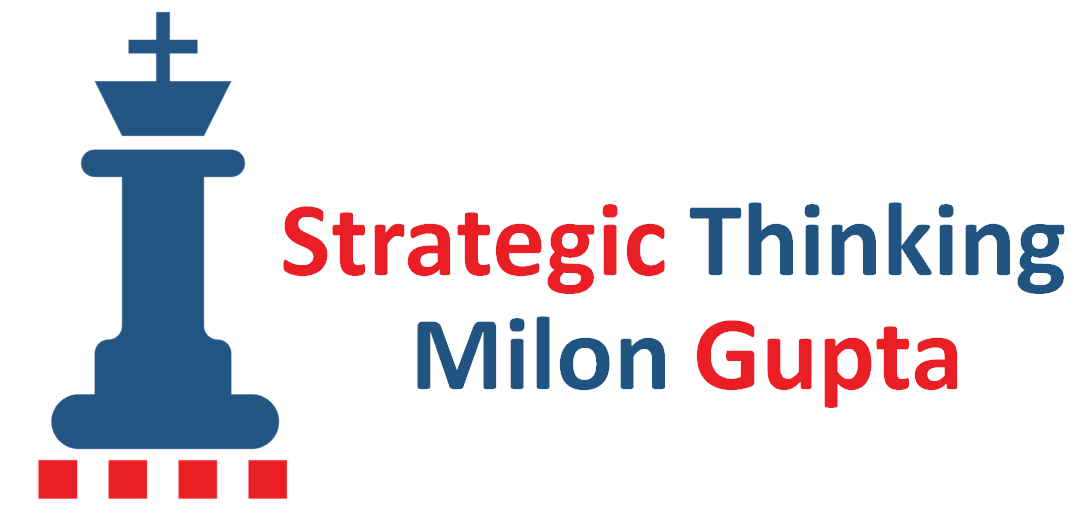Chess offers useful insights for business. On occasion of the current World Chess Championship 2014, I will highlight in a series of articles different business lessons to be learned from the game of kings. In part three, I explore the role of preparation for success.

Already three centuries ago, a famous American chess player knew about the importance of preparation – Benjamin Franklin. Most people know him as one of the founding fathers of the United States, but he was also the first documented chess player in the American colonies in 1733. He said: “By failing to prepare, you are preparing to fail.” Or formulated positively: you need to prepare, if you want to be successful.
It seems that Vishy Anand heeded Franklin‘s advice. The opening preparation of his team for the first three match games was excellent and in game 3 it finally bore fruit. After his loss in game 2 Anand was under pressure to play for a win with White. Magnus Carlsen had this time chosen a different opening – the Queen‘s Gambit Declined instead of the Grunfeld Defense. That did not surprise Anand at all. He played his, obviously prepared, opening moves very quickly, and by move 17, Carlsen had used already over 30 minutes more of his clock time than Anand. In move 20 Anand played a prepared new move, which increased Black‘s difficulties. The combination of a very well prepared opponent, a difficult position and the dwindling clock time put Carlsen for the first time under really heavy pressure, which he finally could not cope with. He surrendered in move 34.
The players‘ comments in the press conference after game 3 shed some light on their preparation. Anand said: “I have been preparing for some time, also went to gym for a while to unwind. I prepared three to four hours.” Carlsen said on the same topic: ” Well, I did spend a lot of time in preparation, but he was well-prepared and i’m surprised at it, yes.”
There are different business lessons you can draw from the third match game. As the game and the comments illustrated, it is not enough just to prepare. In this case, both players had prepared with a similar amount of time and intensity. What had made Anand‘s preparation more effective was that his preparation had two distinctive elements, which significantly contributed to his success. Firstly, he had prepared for the right thing, which means he had anticipated Carlsen‘s chosen opening. Secondly, Anand had prepared a novelty, which confronted his opponent with problems he had not anticipated.
How can you apply this insight in a business context? One area, where you can directly apply this are contract negotiations. Try to anticipate the arguments and potential counter-arguments of your negotiation partner, and then think of convincing responses that may tip the balance in your favour. Prepare in a comprehensive way. Business negotiations are not only about figures and rational arguments, but also about small but sometimes crucial elements like timing, seating order and unexpected negotiation behaviour on your side, which may put your negotiation partner off balance.
Knowing that there will be some believers in the win-win negotiation philosophy among the readers, I would like to stress that excellent and deep preparation is as important when you aim for win-win as it is, if you aim for win-lose. In an ideal world, everyone would aim for win-win most of the time. However, if it is only you, and if you are not even perfectly prepared, you increase the likelihood of you losing and your better prepared negotiation partner winning.
Deep, thorough preparation is also crucial in other business contexts, like, for example, when you want to pitch a new business idea to your company‘s board of directors. The better you are prepared and take into account every factor potentially influencing the decision, the higher your chance of success.
Prepare deeply for success, or prepare superficially for failure – the choice is your‘s.
